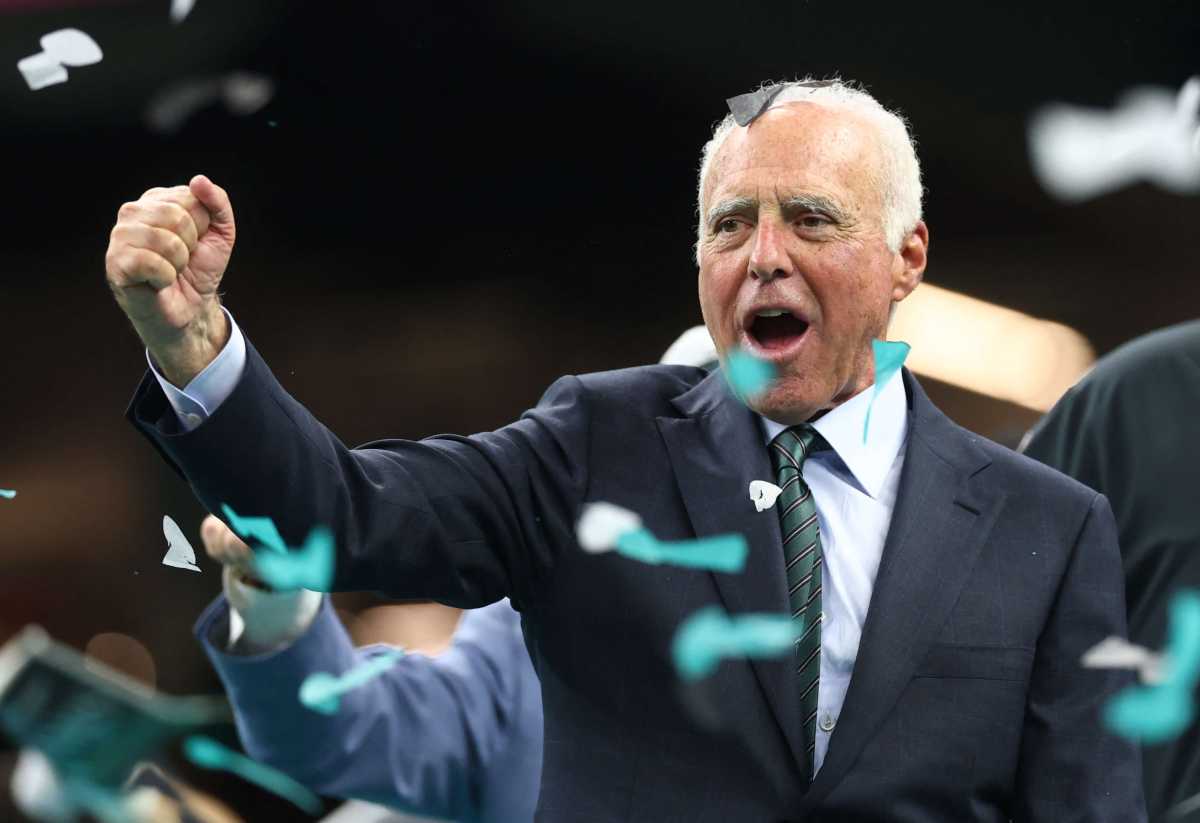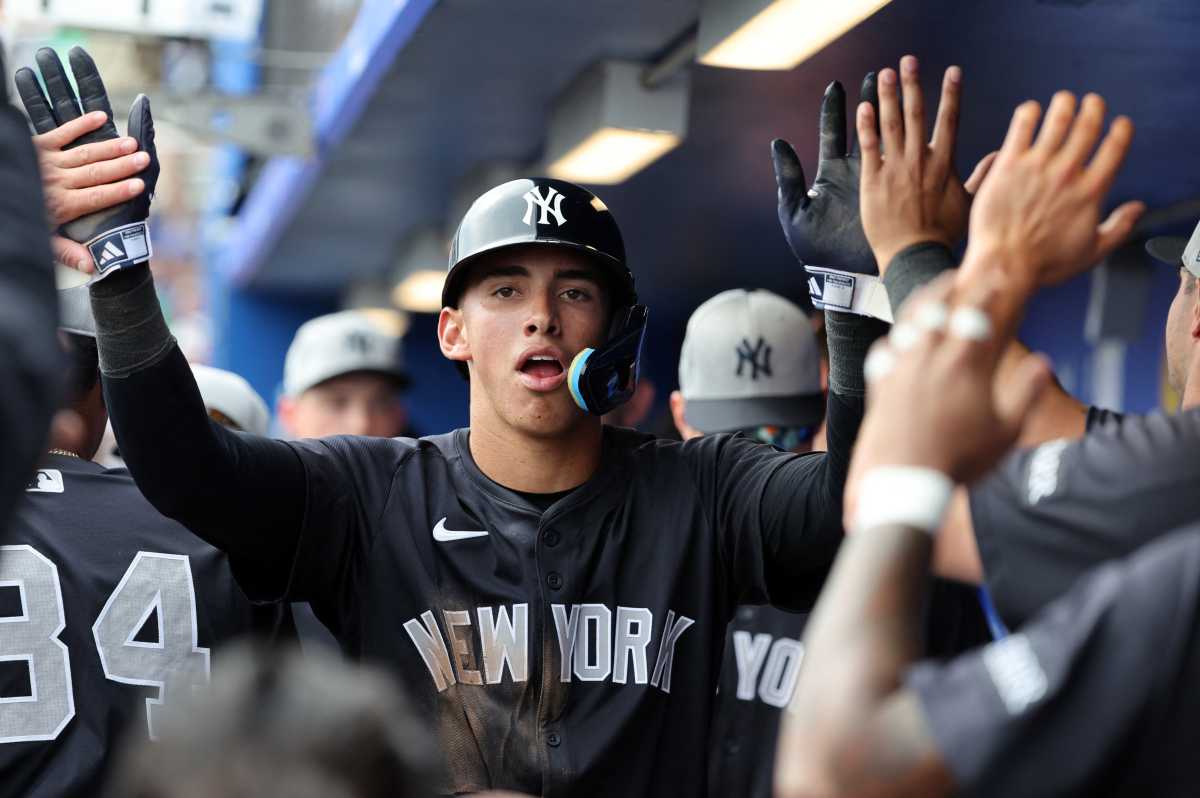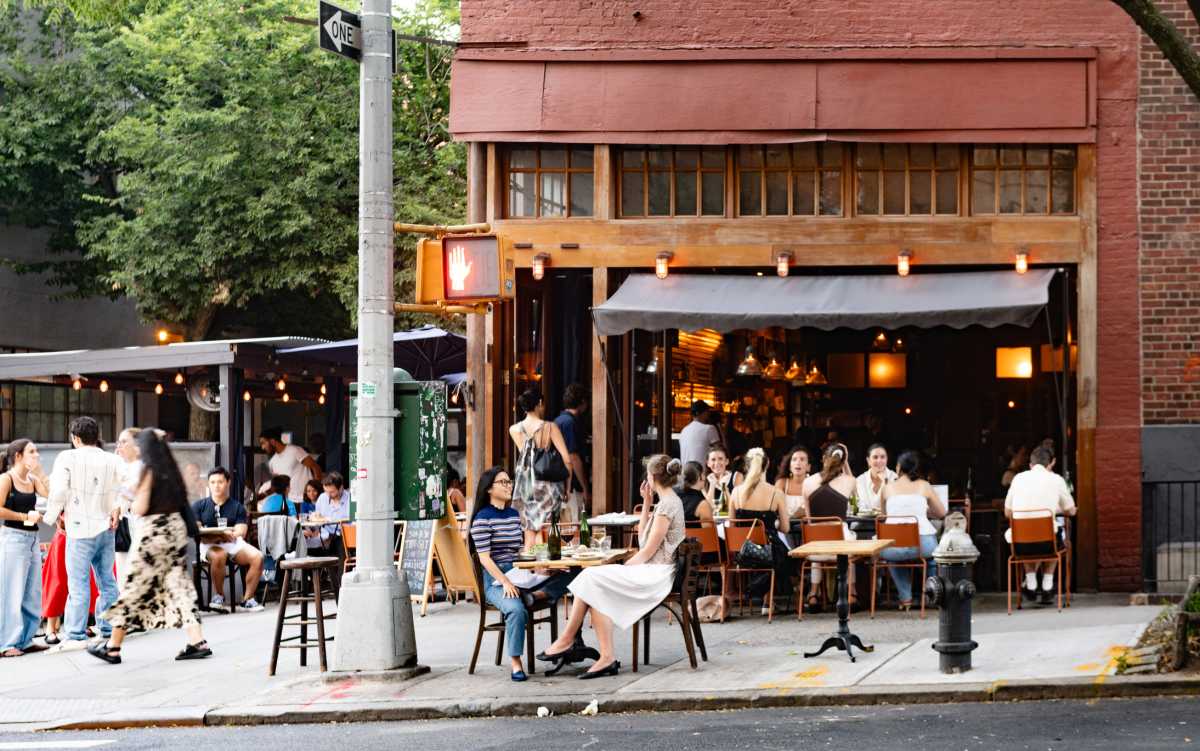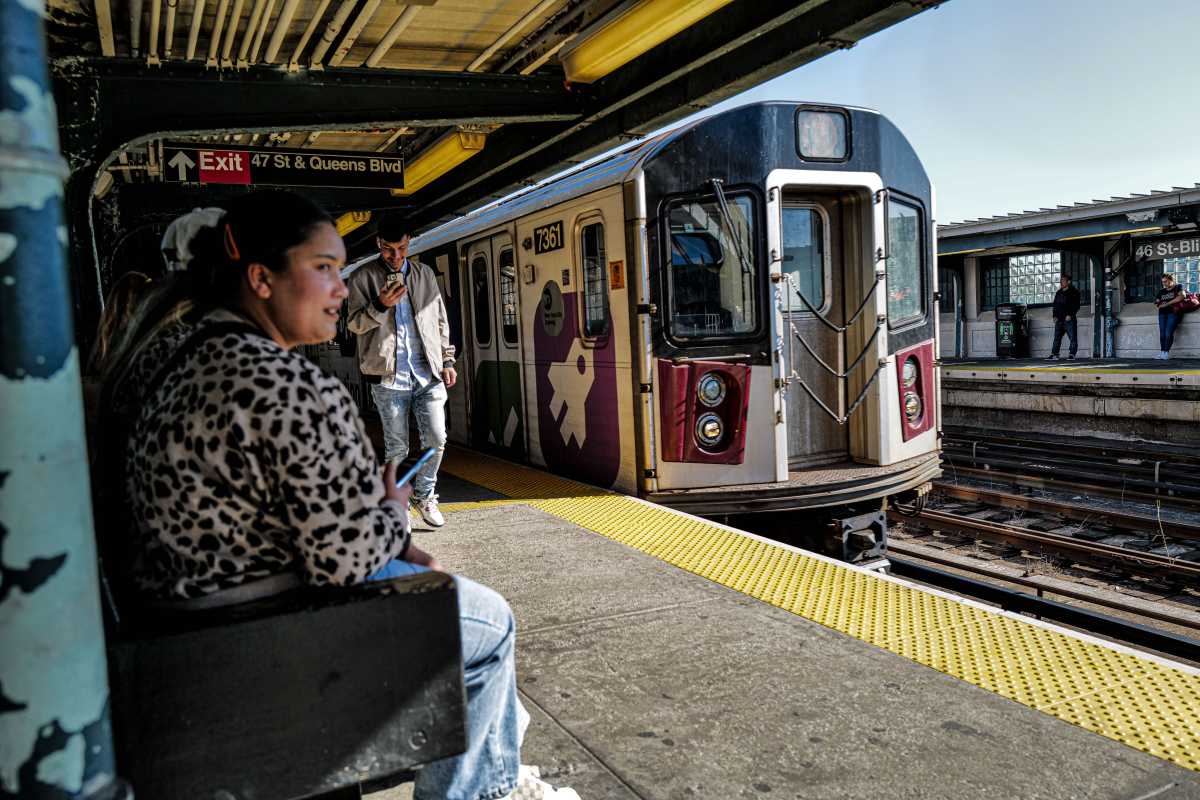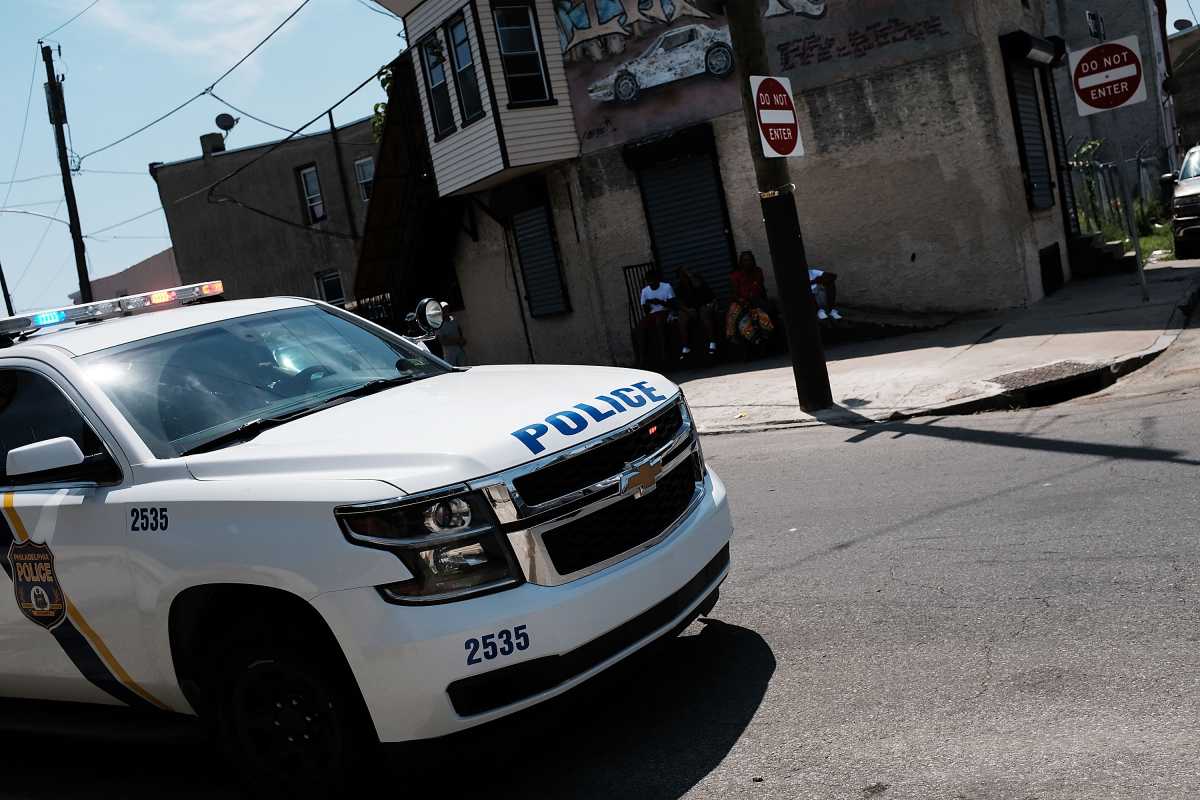If you haven’t seen Hydrox cookies in stores lately, there may be a diabolical reason why, and the company is blaming those behind its chocolate-and-cream cookie competition: Oreos.
Hydrox have often been referred to as knock-off Oreos, even though they came first. Hydrox cookies debuted in 1908, according to its parent company, Leaf Brands, and Oreos first appeared in 1912.
That four-year head start didn’t really give Hydrox cookies an advantage, though, and the Hydrox vs Oreos feud has long existed between the two brands of chocolate-and-cream cookies.
But now, the Hydrox vs Oreos competition is heating up, with Hydrox accusing its competitor of actually hiding Hydrox cookies in stores.
The official Hydrox Cookies Facebook page recently published a post detailing how the company has filed a Federal Trade Commission (FTC) complaint against Mondelez, parent company of Nabisco, which owns Oreos. (Kraft renamed itself as Mondelez back in 2012.)
“We believe in competition and choice but we firmly believe the folks @Mondelez (the owners of Oreo) have been undertaking a national program to damage our brand and stop us from competing,” the Facebook post reads. “Many of you over the last few years have been great at taking pictures when you see Hydrox cookies being moved or blocked from store shelves and we really appreciate your help.”
The FTC complaint, according to Hydrox, alleges that Mondelez has intentionally been making it difficult for customers to find Hydrox cookies in stores nationwide, “in hopes of lowering sales volume and having us discontinued.”
Hydrox vs Oreos: How could Mondelez hide Hydrox cookies?
Just how could Mondelez hide Hydrox cookies in grocery stores across the country? The answer comes down to distribution methods between Hydrox vs Oreos.
Mondelez uses a DSD model, meaning direct store delivery, meaning the company has its own truck on which it delivers Oreos, instead of having Oreos and other Mondelez snacks be delivered to a retailer on a truck that also carries multiple other manufacturers.
“Direct Store Delivery gives the manufacturer more control over replenishment and merchandising within the store,” according to Logistics Viewpoints, a website that covers supply chain information.
Hydrox cookies are not delivered to grocery stores via DSD.
“What that means is, they have their own trucks and personally deliver and restock supermarket shelves nationwide a few times a week,” the Hydrox cookies Facebook post explains about Oreos, “versus Hydrox which are restocked by supermarket employees at night and moved from their own warehouses.”
Hydrox cookies says it wasn’t aware of the hiding problem until a buyer “for one of the largest store chains in the U.S.” told the company that Mondelez would undertake such snack sabotage.
“You’re going to have to hire people to go into each of our stores and make sure Hydrox is not being hidden,” the buyer said, according to Hydrox cookies.

Hydrox posted pictures of hidden cookies sent in my loyal customers along with the Facebook post, and asked those on its side of the Hydrox vs Oreos debate to further support the cookie company by calling their local supermarket’s cookie buyer at their corporate offices to say that they want Hydrox in their stores.
Some Hydrox cookies fans took to the comments to share their belief in the cookie competition, with some even saying that they can “personally attest that Mondelez DOES in fact do this.”
A spokesperson from Mondelez said in an email that “We are confident that this accusation has no merit.”
“The Oreo brand is an iconic one,” the statement continued, “with a proud and rich history of delivering great tasting products and exciting innovations to our consumers for more than a century. This focus, and our commitment to operating with integrity, has made Oreo America’s favorite cookie.”









